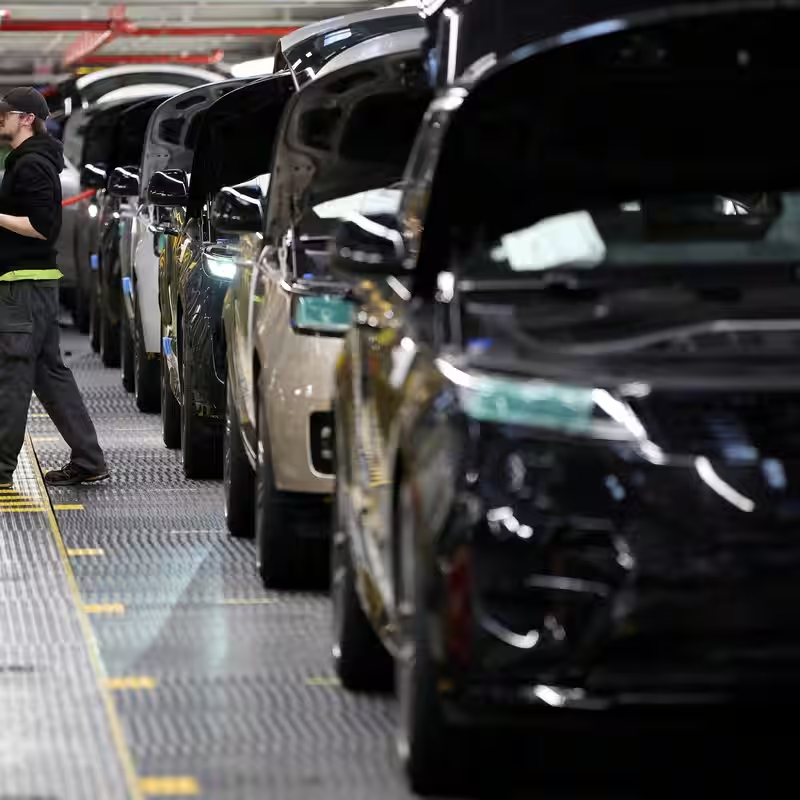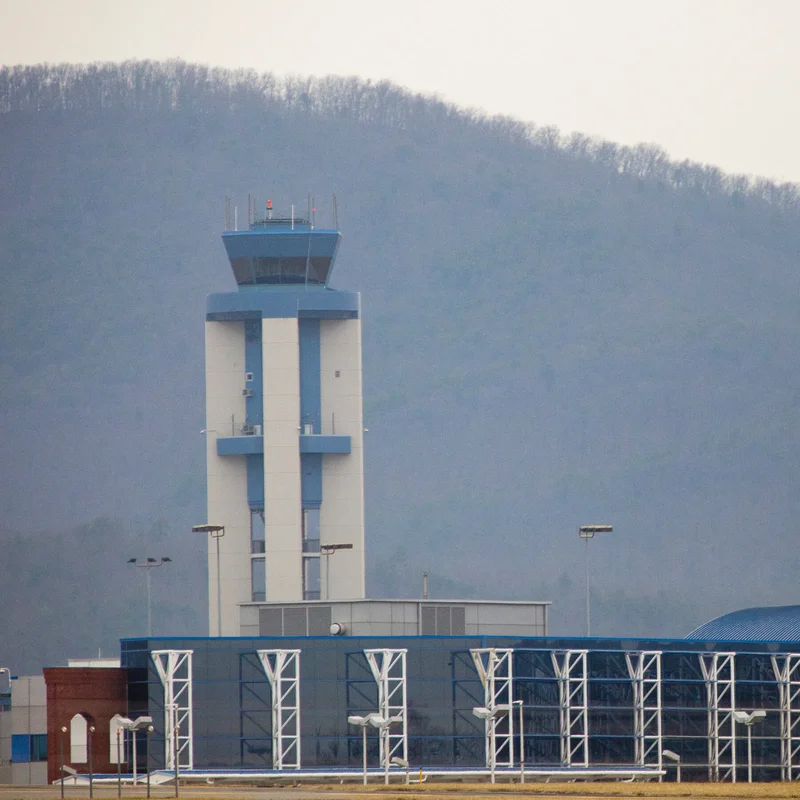Cyberattacks Paralyze Britain: From Jaguar Factories to Empty Grocery Shelves
In a stunning escalation of digital warfare on civilian infrastructure, the United Kingdom is reeling from a wave of sophisticated cyberattacks that have disrupted everything from luxury car production to supermarket supply chains. The latest victim? Jaguar Land Rover—the iconic British automaker that halted operations across multiple plants this week after a ransomware breach locked critical systems.
This marks the third major British brand crippled by cyber intrusions in 2025 alone, following similar attacks on a national grocery distributor and a leading rail operator. Experts warn the UK is facing a coordinated campaign targeting its economic backbone—and daily life is paying the price.
Jaguar Land Rover Grinds to a Halt
On Monday, October 6, 2025, Jaguar Land Rover confirmed it had shut down production at its Solihull and Halewood facilities after detecting “unauthorized access” to its enterprise network. Internal communications, inventory systems, and robotic assembly lines all went dark.
“We’ve initiated our incident response protocol and temporarily paused manufacturing to contain the threat,” a company spokesperson said. No customer data appears to have been compromised—but the financial toll could exceed £200 million if operations remain offline for more than a week.
Employees reported being locked out of email, payroll, and even cafeteria payment systems. One technician told the BBC: “It’s like the whole company vanished overnight.”
A Pattern of Disruption Across British Industry
Jaguar isn’t alone. Earlier this year:
- March 2025: BritFresh Logistics, a major supplier to Tesco and Sainsbury’s, suffered a ransomware attack that delayed deliveries for 10 days—leading to bare shelves and panic buying in parts of London and Manchester.
- July 2025: National Rail Connect, which manages signaling and ticketing for 12 regional lines, was hit by a data-wiping attack that canceled over 1,200 trains in 48 hours.
While no single group has claimed responsibility, cybersecurity analysts at NCSC (National Cyber Security Centre) say the tactics—especially the use of double-extortion ransomware and supply-chain infiltration—bear the hallmarks of Russian-speaking threat actors, possibly state-affiliated.
How Cyberattacks Are Hitting Your Daily Life
These aren’t just corporate headaches—they’re disrupting ordinary Britons:
| Sector | Impact on Public | Duration of Disruption |
|---|---|---|
| Automotive | New car deliveries delayed; service appointments canceled | Ongoing (Day 3) |
| Grocery Supply | Shortages of fresh produce, dairy, and bread | 10 days (March) |
| Public Transit | Mass train cancellations; fare system failures | 3 days (July) |
| Healthcare (near-miss) | Ransomware blocked admin systems at 3 NHS trusts | Contained in 48 hrs |
Why Is the UK So Vulnerable?
According to Dr. Elena Morris, a cyber resilience expert at King’s College London, the problem lies in legacy infrastructure and fragmented oversight.
“Many British firms still run on outdated IT systems patched together over decades,” she explained. “And while the NCSC issues strong guidance, compliance isn’t mandatory for private companies—unless they’re classified as ‘critical national infrastructure.’”
Jaguar Land Rover, despite its global stature, falls outside that narrow definition—leaving it to self-regulate its cyber defenses.
Government Response: Too Little, Too Late?
Prime Minister Keir Starmer’s office called an emergency COBR meeting on Tuesday, pledging a £500 million “Cyber Shield” fund to help mid-sized firms upgrade defenses. But critics say the move is reactive.
“We’ve known since SolarWinds that supply chains are the new frontline,” said MP Rishi Patel, chair of the Digital Infrastructure Committee. “Yet we’re still treating cyberattacks like IT glitches—not acts of economic sabotage.”
What’s Next?
With no end in sight to the threat landscape, businesses and consumers alike are bracing for more disruptions. The NCSC has issued an alert urging all organizations to:
- Enable multi-factor authentication
- Isolate critical operational technology from corporate networks
- Test incident response plans quarterly
For now, Britons may need to adjust expectations—whether they’re waiting for a new Range Rover or just a loaf of bread.




